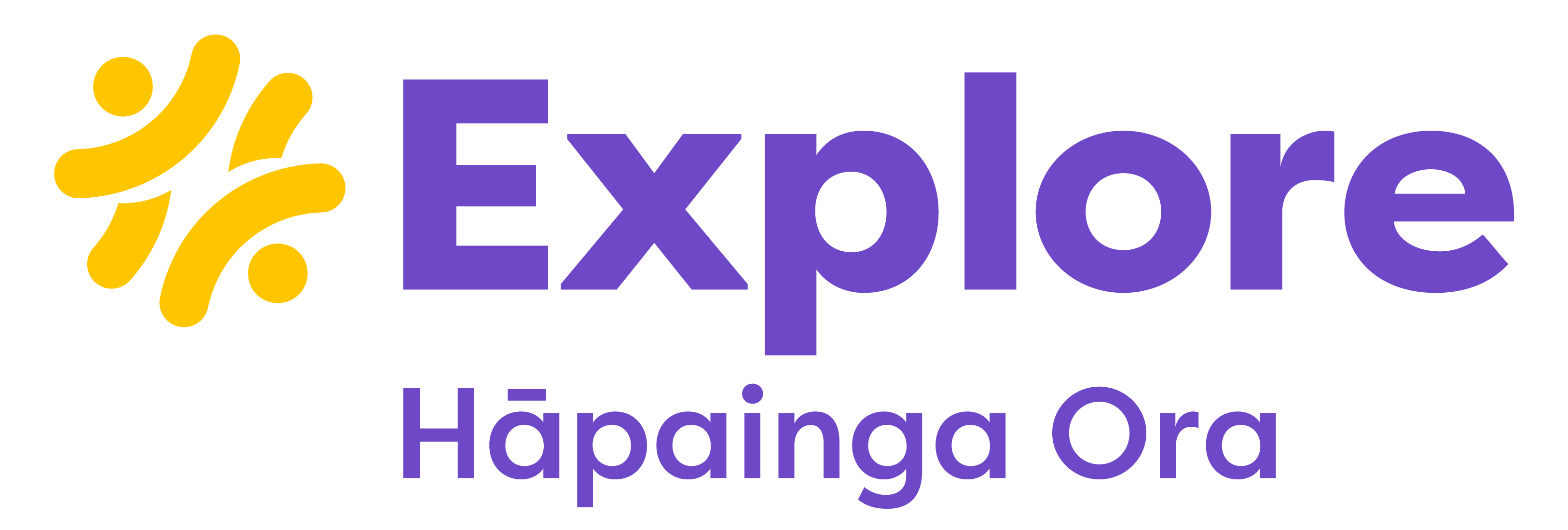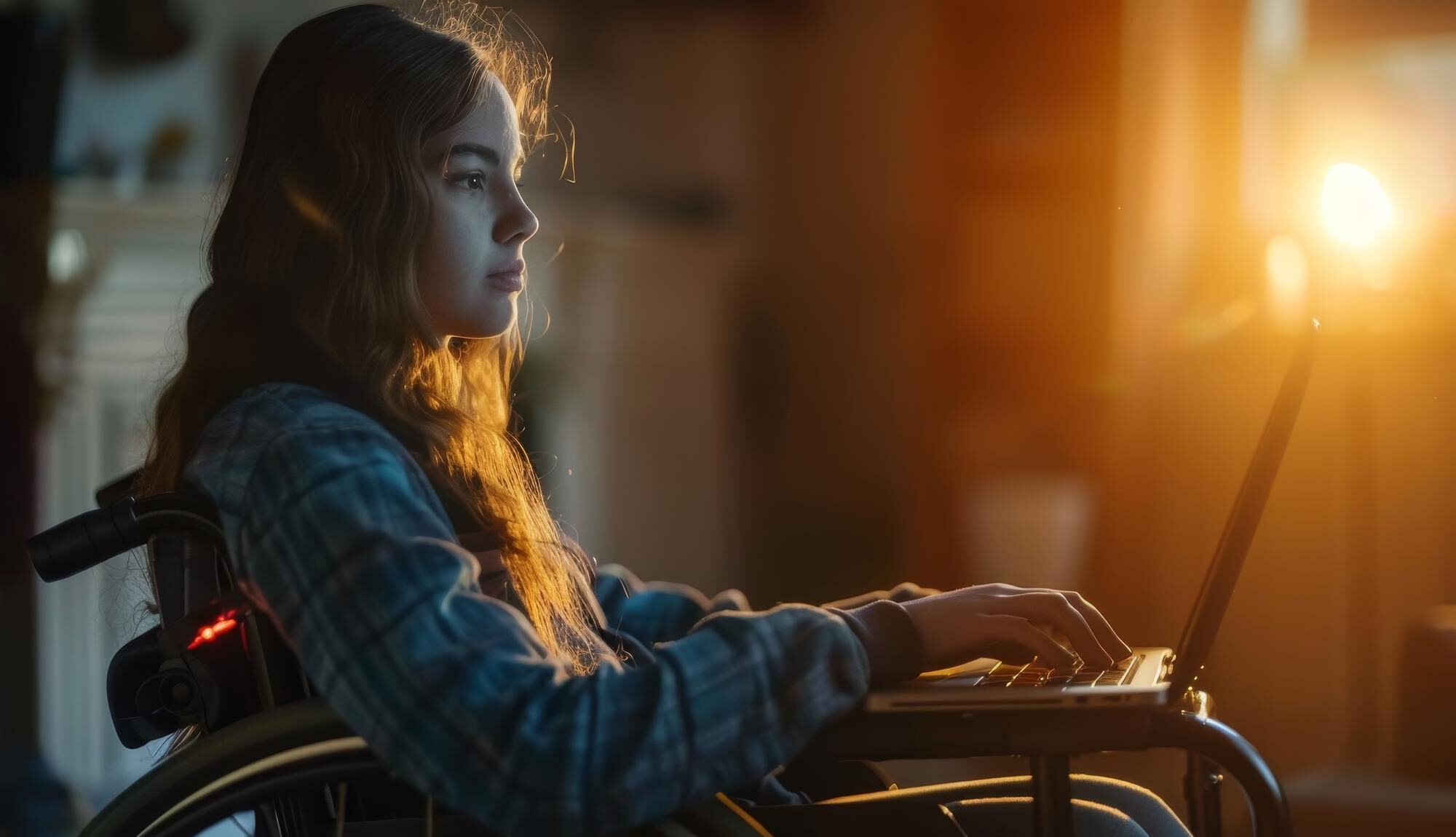Know The Signs, a new nationwide campaign launched today, aims to prevent extremist groups from targeting disabled and vulnerable people, by raising awareness of the signs of violent extremism grooming.
Developed by Explore Wellbeing in partnership with Carers NZ and Autism NZ, Know The Signs provides carers, families, whānau and friends with essential information to help them recognise the signs that a person they care for, support, or know may have been targeted, what they can do to stop it from happening and how they can safely report it they have concerns.
With the support of CarersNZ, over 80,000 family carers across New Zealand will, receive a comprehensive guide on what to look for and how to set up the necessary safeguards, without removing or limiting their persons access to the internet. Additional information is available on the organisations’ websites, and it will be a core topic of discussion at a series of upcoming conferences.
Explore Wellbeing General Manager Ray Finch said the campaign aims to equip family carers and disability providers with the right knowledge and awareness they need to protect the people they care for and support, and prevent them from being manipulated by online extremist groups.
“Globally, there is growing concern that extremist groups who are hanging out on social media and online forums are looking for vulnerable people to groom, in the hope they can be more easily influenced. These groups are known to use any weakness they can find to push their own agendas and they are increasingly targeting people with disabilities and the elderly.
“Know The Signs is a toolkit, initially developed by the New Zealand Security Intelligence Service (NZSIS), now re-worked for our community, that explains the different signs and behaviours, which on their own might not cause alarm, but together could indicate a person is the victim of online extremist grooming.
“Carers and family members are in a unique position to notice the signs, but because we also know that it could be very scary that a person they care for might be getting involved with extremists, the toolkit provides resources and advice on who to contact with concerns and where to get support,” said Mr Finch.
Dane Dougan, Autism NZ CEO said, “As an organisation dedicated to supporting autistics and the wider autism community, we understand the importance of equipping caregivers and loved ones with the knowledge to recognise and respond to potential threats.
“Autistic people may be particularly vulnerable to online grooming tactics and targeted attempts by extremists. Know The Signs provides invaluable resources tailored to address these unique vulnerabilities, empowering our community to safeguard against exploitation and ensure the safety and well-being of the population we represent,” said Mr Dougan.
Laurie Hilsgen, CEO of Carers NZ said, “Carers play a crucial role in the lives of those they support, and they must have the right tools to identify and address any threats to a person’s well-being”.
“Working together with Explore and Autism NZ we’ve re-worked the Know The Signs document from NZSIS, into a resource and campaign that not only raises awareness but also provides practical guidance for carers navigating the complexities of online extremism. In the coming months we’ll deploy more resources and a toolkit to empower Family carers and their disabled loved ones to strengthen the fight against extremist grooming. By arming carers with the necessary information and resources, we can work together to create safer environments and protect the most vulnerable members of our communities.”
Ray Finch adds, “Working together, we can help prevent our vulnerable people from being manipulated. We would welcome other organisations to come onboard and help share this information widely with their own carers and family members – the more that we know, the more we can help.”


